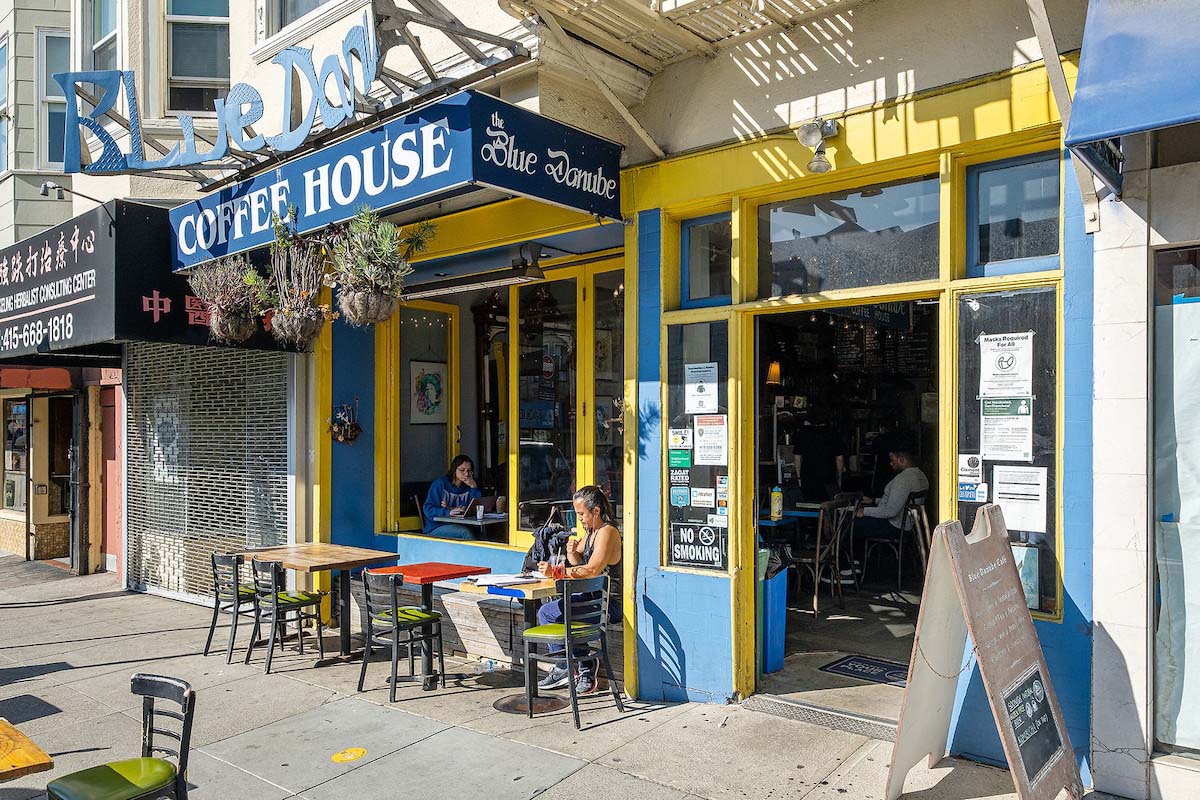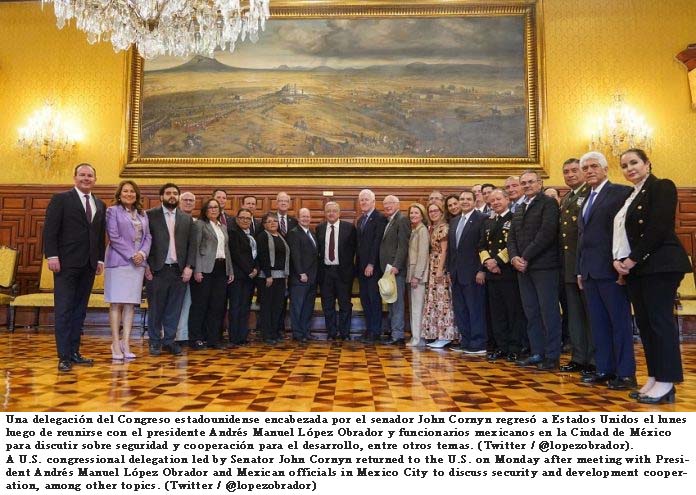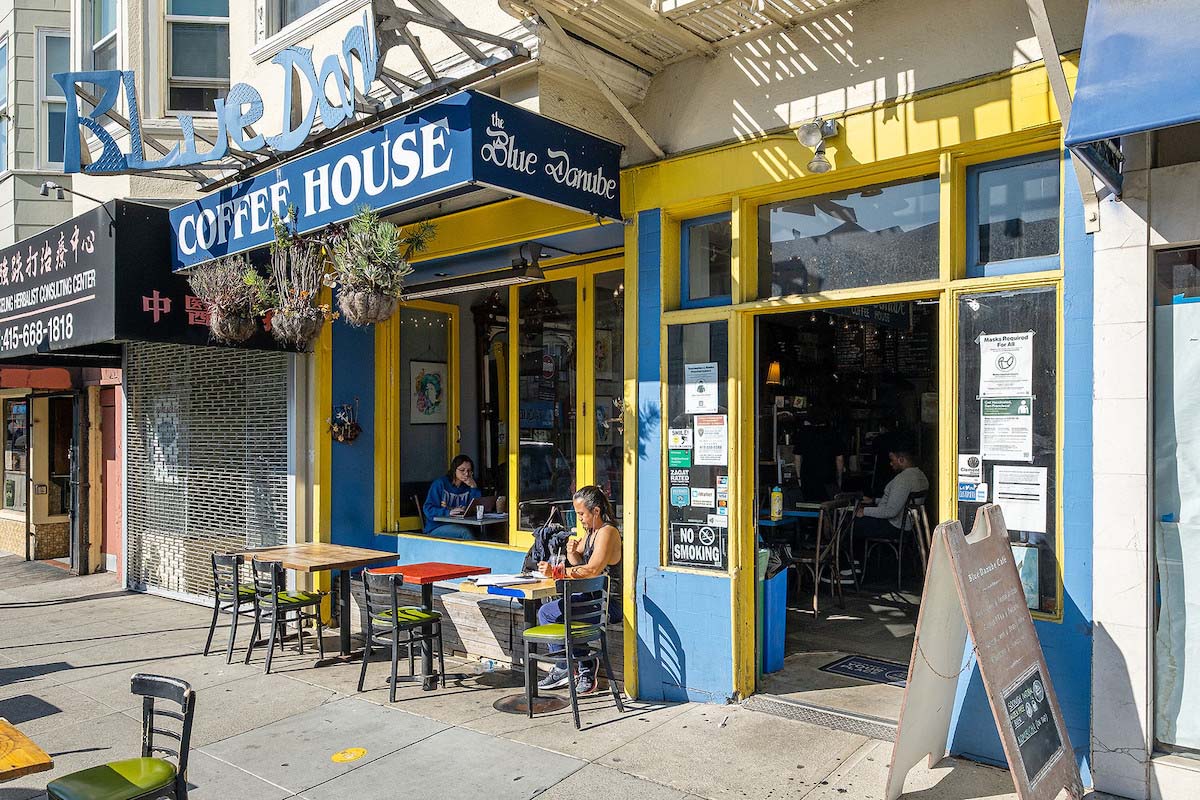photo: In his letter to the Chinese premier, AMLO said China could provide “invaluable” help by giving Mexico Information about when and where fentanyl is being shipped into the country. (lopezobrador.org)
by Mexico News Daily
President López Obrador revealed Tuesday that he wrote to his Chinese counterpart Xi Jinping to seek his support in the fight against fentanyl.
Speaking at his regular morning news conference, López Obrador said he sent the letter after a group of United States lawmakers requested that he ask China not to send fentanyl to Mexico, the United States or Canada.
“I told the lawmakers I’m going to intervene because we have a very good relationship with all the governments of the world, especially with the government of … China,” the president said before reading out his March 22 missive.
In the letter, López Obrador requested Xi’s “support and cooperation” in the fight against fentanyl trafficking, asserting that,“according to the information available,” the synthetic opioid is produced in Asia and “sold freely for export to Canada, the United States and our country.”
“… We turn to you, President Xi Jinping, to ask you for humanitarian reasons to help us control the shipments of fentanyl that may be sent from China to our country,” he wrote.
Information about who fentanyl is being sent to, the quantities being shipped, the vessels used to transport the drug and when and where shipments will arrive in Mexico from China would be “invaluable” as it would allow Mexican authorities to have “greater control” over the entry of the opioid, López Obrador told the Chinese president.
“… Friend, president, we await your response with great interest. I’m sure we will have your assistance, as has always occurred.”
The president also wrote that fentanyl is “considered 50 times stronger than heroin” and acknowledged the high number of overdose deaths in the United States as well as the “high economic profitability” associated with the trafficking of the drug.
López Obrador highlighted Mexico’s efforts to seize fentanyl and asserted that only 30% of the illicit fentanyl consumed in the United States is smuggled across the Mexico-U.S. border.
“Nevertheless, in a deceitful and irresponsible way, some United States lawmakers have recently blamed Mexico for the misfortune they suffer in their country due to the use of fentanyl,” the letter said.
“They have even gone so far as to say that if we don’t arrest the drug trafficking groups that operate in Mexico and bring this drug [into the United States], they could present an initiative in their Congress … [in favor of] the armed forces of the United States invading our territory,” López Obrador wrote before describing such a proposition as an “unacceptable threat.”
The president told reporters on Tuesday that he also sent the letter to the head of the delegation of Republican and Democrat lawmakers who visited Mexico last month and requested that he seek the assistance of Chinese authorities in the fight against fentanyl.
He did not mention whether Xi or the Chinese government had responded.
López Obrador and other federal officials have recently emphasized the government’s commitment to combating the trafficking of fentanyl as they seek to refute claims from some Republican Party lawmakers in the U.S. that Mexico is doing little to stop the drug flowing across the northern border.
Foreign Affairs Minister Marcelo Ebrard asserted Tuesday that Mexico “is the country that does the most against fentanyl.”
The government has also highlighted its anti-narcotics collaboration with United States authorities, and last week hosted U.S. officials who traveled to Mexico City for the U.S.-Mexico Synthetic Drug Conference.
photo: García Luna was convicted by U.S. prosecutors of international cocaine distribution, among other charges. His attorneys have been granted more time to pursue potentially favorable new evidence they say has come to light since the conviction in February. (File photo by Tercero Diaz/Cuartoscuro)
Genaro García Luna’s sentencing in US delayed until September
A federal judge in the United States has agreed to postpone the sentencing of former security minister Genaro García Luna, who was convicted on drug trafficking charges in February.
Judge Brian M. Cogan of the United States District Court for the Eastern District of New York granted defense lawyers’ request for a three-month adjournment for posttrial motions and the sentencing of their client, who was Mexico’s security minister in the 2006–2012 government led by former president Felipe Calderón and head of the now-defunct Federal Investigation Agency before that.
García Luna, who was found guilty of colluding with the notorious Sinaloa Cartel and lying to U.S. authorities, will now be sentenced on Sept. 27. He faces a maximum sentence of life imprisonment.
Defense lawyers, including the ex-official’s lead attorney César de Castro, wrote to Cogan on Monday to request the postponement so as “to permit the defense to continue developing evidence in support of a potential Rule 33 motion.”
Rule 33 in the U.S. Federal Rules of Criminal Procedure allows a court to grant a new trial “if the interest of justice so requires.”
De Castro and his colleagues wrote that since the guilty verdict was reached on Feb. 21, “several individuals, including former law enforcement officials, have contacted us with potential new evidence favorable to the defense that could result in the filing of a Rule 33 motion in the short term.”
“Following these numerous substantial leads, potentially filing a Rule 29 [acquittal] motion, and preparing for significant sentencing advocacy is too difficult,” they wrote.
“Rather than proceed with Mr. García Luna’s sentencing and initiation of an appeal, which would divest the Court of jurisdiction to hear the motion until the Second Circuit granted a motion to remand the case to Your Honor … the appropriate use of resources would be to simply adjourn the dates as we request,” the letter continued.
“After all, the government is not prejudiced in any way — Mr. García Luna is not at liberty and will remain detained.”
Under the new posttrial timeline, any application for a new trial must be submitted by July 7.
García Luna’s conviction in February came more than three years after he was arrested in Dallas, Texas, on charges that he allowed the Sinaloa Cartel to operate in exchange for multimillion-dollar bribes.
A jury in the United States District Court for the Eastern District of New York found the former security minister guilty of engaging in a continuing criminal enterprise, international cocaine distribution conspiracy; cocaine distribution and possession conspiracy; cocaine importation conspiracy; and making a false statement on an application for U.S. citizenship.
The unanimous decision came after an almost month-long trial that included damning testimony from cartel figures such as Jesús “El Rey” Zambada, brother of current Sinaloa Cartel leader Ismael “El Mayo” Zambada.
President López Obrador has used the conviction to support his claim that Mexico was a “narco-state” during the presidency of Calderón.
The former president has denied having any knowledge of García Luna’s criminal activities, and defended his integrity and crime-fighting record in a statement issued in response to the conviction of his security minister.
De Castro asserted in his closing statement at the trial that the government’s lack of evidence against his client was “shocking.”
“They’re asking you to condemn a man solely on the words of some of the most notorious and ruthless criminals this world has ever seen,” he told the 12-person jury.
With reports from Sin Embargo














